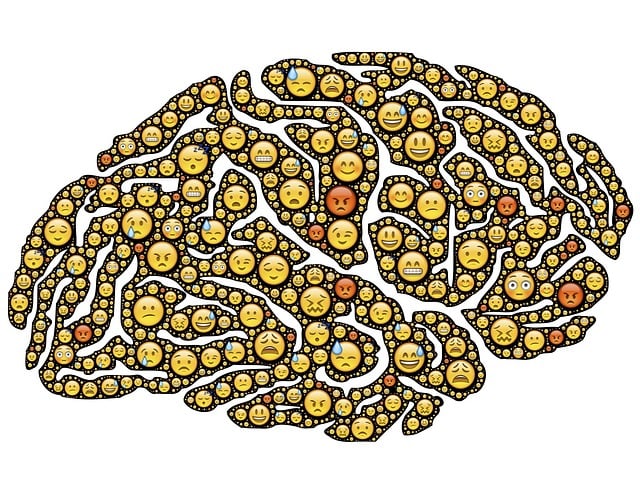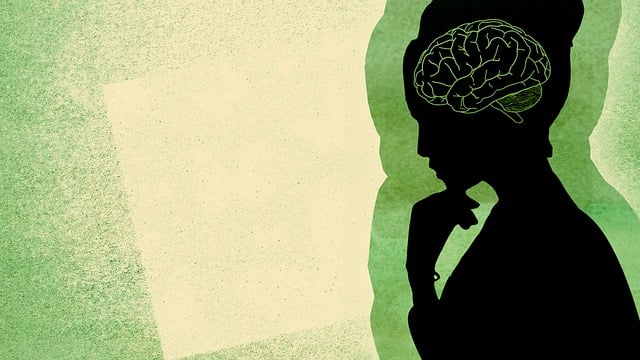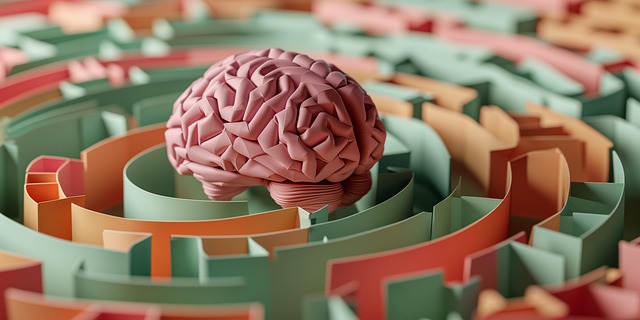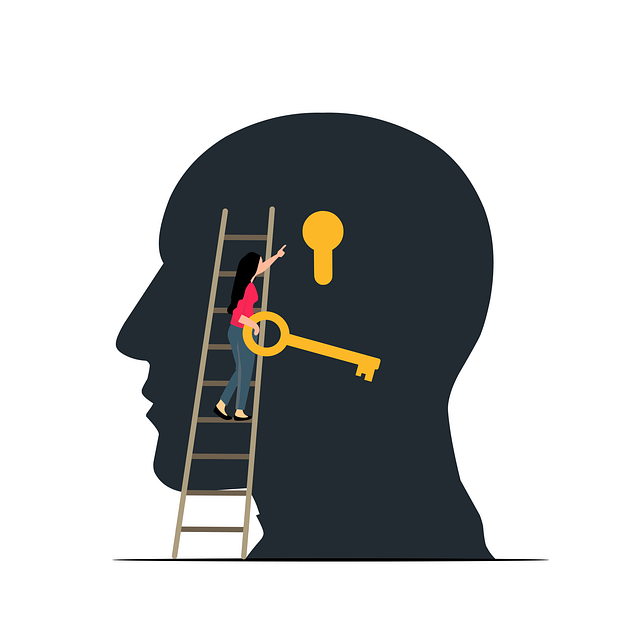Mental health challenges are prevalent among young adults, especially men, who face societal pressures and gender norms hindering emotional expression. Therapy for Young Adults and Men's Issues offers safe spaces to explore emotions, process experiences, and develop coping strategies, enhancing resilience and overall well-being. Personalized self-care routines integrating tailored therapy sessions, stress reduction techniques, and flexible lifestyle adjustments are crucial for managing mental wellness. These practices empower individuals to proactively address anxiety, stress, and emotional challenges, fostering a balanced and fulfilling life.
“Uncover the path to optimal mental wellness with our comprehensive guide tailored for young adults. In a world where stress and anxiety are prevalent, developing a self-care routine is essential for overall well-being. This article explores the unique challenges faced by men, offering insights into creating personalized self-care practices. From understanding mental health to incorporating therapeutic techniques, we provide strategies for a balanced lifestyle. Learn how to identify triggers, implement healthy habits, and sustain your mental wellness journey over time, especially focusing on therapy’s role in young adult lives.”
- Understanding Mental Health and Self-Care for Young Adults
- Identifying Men's Specific Issues and Challenges
- Building Blocks of a Personalized Self-Care Routine
- Incorporating Therapeutic Practices into Daily Life
- Sustaining and Adjusting Your Wellness Routine Over Time
Understanding Mental Health and Self-Care for Young Adults

Mental health is a crucial aspect of overall wellness, especially for young adults navigating life’s challenges and transitions. Understanding mental health involves recognizing that it encompasses our emotional, psychological, and social well-being. For many young people, seeking therapy can be a transformative step towards fostering inner strength and developing self-awareness. This is particularly true for men, who may face unique pressures and struggles related to societal expectations and gender norms.
Therapy provides a safe space for young adults to explore their emotions, process life experiences, and learn effective coping strategies. By prioritizing emotional regulation techniques and engaging in self-awareness exercises, individuals can build resilience and enhance their mental wellness. These practices encourage personal growth, enable better stress management, and foster healthier relationships.
Identifying Men's Specific Issues and Challenges

Men often face unique challenges when it comes to mental wellness, with issues such as depression and anxiety affecting them at higher rates than women. Societal expectations and gender norms can play a significant role in this disparity. Traditional masculine ideals of stoicism and emotional restraint may discourage men from expressing their feelings openly, leading to suppressed emotions and a reluctance to seek help. This cultural stigma further complicates matters, pushing many young adults towards isolating themselves rather than reaching out for therapy.
Identifying and addressing these specific mens issues requires a multi-faceted approach. Community outreach programs can play a crucial role in breaking down barriers by promoting open dialogue about mental health within male-dominated spaces. Encouraging peer support groups and providing accessible resources for therapy tailored to men’s experiences can significantly aid in depression prevention. Effective communication strategies that resonate with male audiences, focusing on strength and vulnerability as positive aspects of emotional expression, may help foster a more supportive environment for seeking professional help.
Building Blocks of a Personalized Self-Care Routine

Creating a personalized self-care routine for mental wellness involves understanding and incorporating key building blocks designed to support young adults’ unique needs. Beyond general wellness practices, tailored therapy sessions specifically catering to men’s issues can play a pivotal role in emotional regulation and cultivating emotional intelligence—essential components of overall mental health awareness.
These routines should be flexible and individualized, factoring in personal preferences and lifestyle constraints. Activities like regular physical exercise, mindfulness meditation, or creative outlets can significantly enhance emotional well-being. Moreover, seeking specialized therapy offers targeted strategies for managing stress, anxiety, or other common mental health challenges faced by young adults, fostering a more balanced and resilient mindset.
Incorporating Therapeutic Practices into Daily Life

Incorporating therapeutic practices into daily life is a crucial step for young adults seeking to manage their mental wellness. Many men, in particular, often face unique challenges that require tailored strategies. Therapy for Young Adults and Mens Issues specifically addresses these concerns, offering effective tools for coping with stress, anxiety relief, and emotional regulation. By integrating evidence-based techniques such as cognitive-behavioral therapy (CBT) and mindfulness practices, individuals can develop a robust self-care routine.
Engaging in regular therapeutic activities enhances emotional intelligence, enabling better understanding of one’s thoughts and feelings. This increased awareness facilitates proactive risk management planning for mental health professionals, fostering resilience against adverse situations. Incorporating these practices into daily life not only promotes mental wellness but also paves the way for a more balanced and fulfilling existence.
Sustaining and Adjusting Your Wellness Routine Over Time

Developing a mental wellness self-care routine is an ongoing process that requires dedication and flexibility. As you establish your practices, remember that consistency is key to reaping long-lasting benefits. Aim to incorporate activities that support stress reduction methods, such as regular exercise, mindfulness techniques, or engaging in creative outlets like journaling. Over time, your routine will evolve, and it’s essential to remain adaptable. Life changes, and so should your self-care strategies. For instance, what works during your early twenties might differ when you become a working professional.
One effective way to maintain mental wellness is through consistent reflection and adjustment. Regularly assess the effectiveness of your routine by considering how you feel and your overall Mental Health Awareness. If certain practices are no longer serving you or new challenges arise, make revisions accordingly. Seeking guidance from therapy for young adults or mens issues specialists can be valuable in navigating these adjustments and ensuring your self-care remains tailored to your unique needs.
Developing a mental wellness self-care routine is a transformative journey, especially for young adults navigating life’s challenges. By understanding mental health and adopting tailored practices, individuals can overcome specific issues faced by men, such as societal expectations and emotional expression barriers. Through identifying personal needs, incorporating therapeutic practices like mindfulness, exercise, and journaling, and continually adjusting routines to suit evolving circumstances, young adults can foster resilience and improve overall well-being. This proactive approach, enriched by seeking therapy when needed, empowers individuals to thrive in a complex world, addressing men’s issues head-on.








